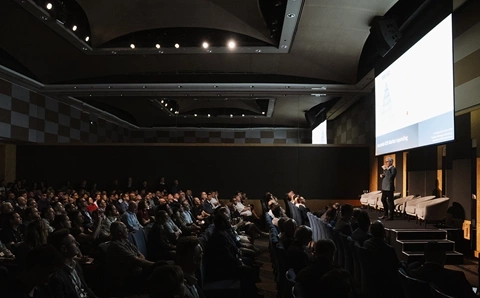A former Optus reseller suing the telco has been ordered by the New South Wales Supreme Court to pay $190,000 as security for costs in case the company loses the lawsuit.
Zenith Corporation was a former Optus reseller that entered into a “Optus Small and Medium Channel Partner Agreement” in 2017 to act as an Optus agent in the marketing and sale of Optus products and services to small business customers. The agreement was for a three-year term that ended on 1 April 2020.
Optus however tore up the agreement on 11 November 2019, following alleged “deceptive and fraudulent conduct” from Zenith as uncovered by two internal investigations.
Optus alleged that Zenith and its employees were submitting false expense claims to Optus, inflating or padding out sales by increasing the quantity of devices and services sold to customers, deliberately inflating sales, entering into multiple handset buy-back arrangements and creating unauthorised services for customers.
The alleged offences constituted multiple breaches of the reseller agreement and warranted the termination, where Zenith was not entitled to any commission and was also barred from carrying on any business in the telecommunications industry without Optus’ consent for a period of 12 months.
Zenith questioned the legality of the termination, claiming the alleged breaches were later remedied with Optus’ knowledge. The company said it wasn’t bound by the ban and was entitled to any unpaid commissions and damages for wrongful termination.
Zenith took Optus to court in December 2019 claiming wrongful termination and that the ban was not enforceable.
Optus’ legal team queried about Zenith’s financial position to see if it was in a position to pay the telco’s legal costs in case Optus won, asserting the former reseller may not be in such a position.
Zenith countered the claim by saying its potential inability to pay costs was a result of Optus’ own conduct.
After several months of back and forth, including some negotiations, Optus sought that Zenith pay up $381,500 as security for costs.
Zenith opposed the amount sought, calling the amount “excessive” and would visit hardship on the company, that Optus withheld payment of commissions “without proper explanation”, and that payment of security would “stultify” the proceedings.
Ultimately, the NSW Supreme Court sided with Optus ordering Zenith to pay a smaller amount of $190,000 to be paid in tranches.
Presiding judge Justice Trish Henry said, “Taking into account all of the circumstances, the conclusion I have come to is that the discretionary factors weigh in favour of Optus and that an order for security for costs should be made. This is primarily because I am not satisfied that making a security order would be likely to result in Zenith not being able to pursue its claims.”
“I recognise it may be oppressive to make an order where the quantum of the security claimed could be seen to be a relatively insignificant amount for Optus and beyond the capacity of Zenith to pay. But the risk of an order being oppressive to Zenith can be mitigated by making an order in a lesser amount than the quantum sought by Optus and providing for payment to be made by way of tranches”
Zenith was ordered to pay three tranches of $30,000 on 11 September, 16 October, 20 November and a fourth tranche of $100,000 before the final hearing.




_(21).jpg&h=142&w=230&c=1&s=1)



.png&h=142&w=230&c=1&s=1)



.jpg&w=100&c=1&s=0)
_(8).jpg&w=100&c=1&s=0)









